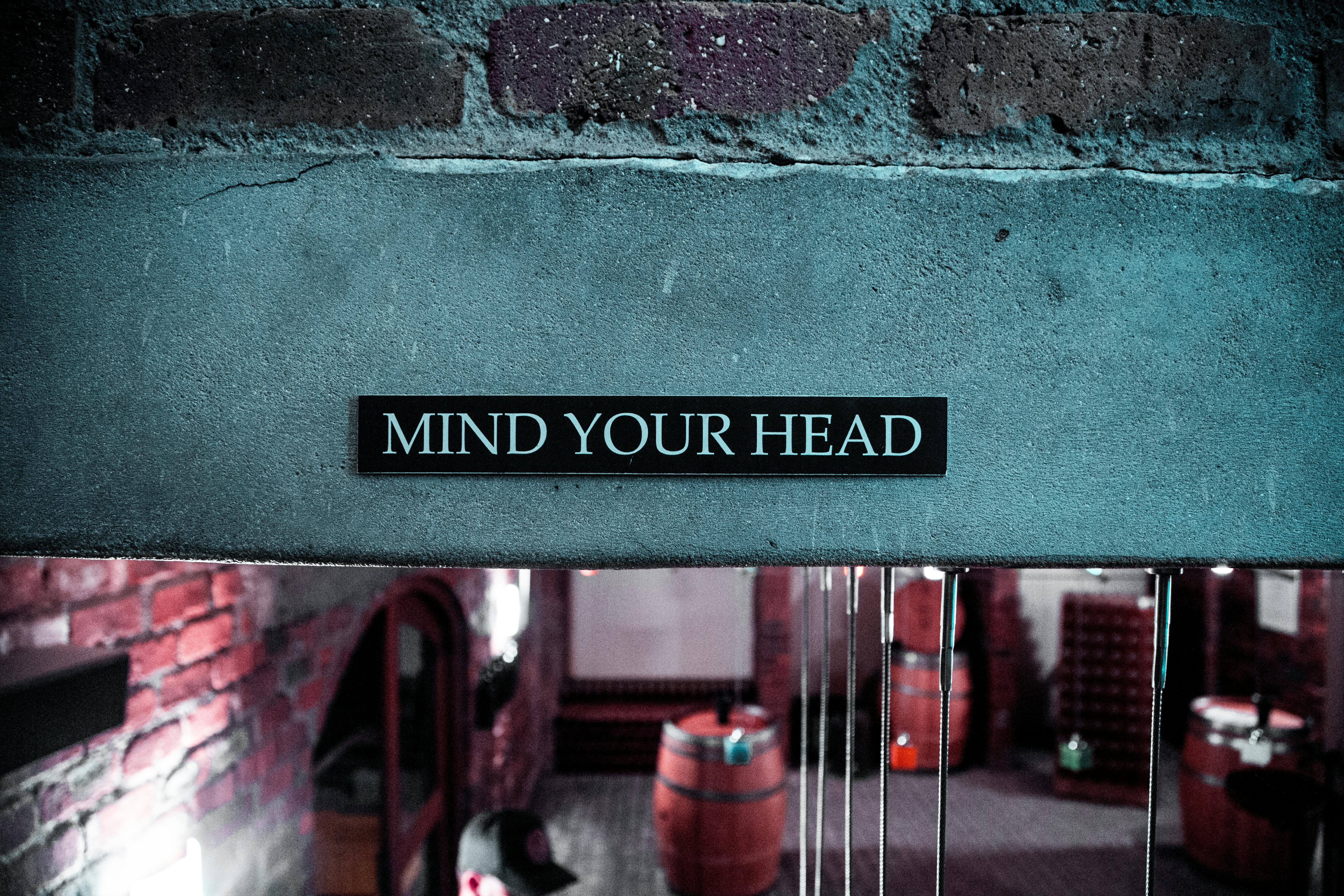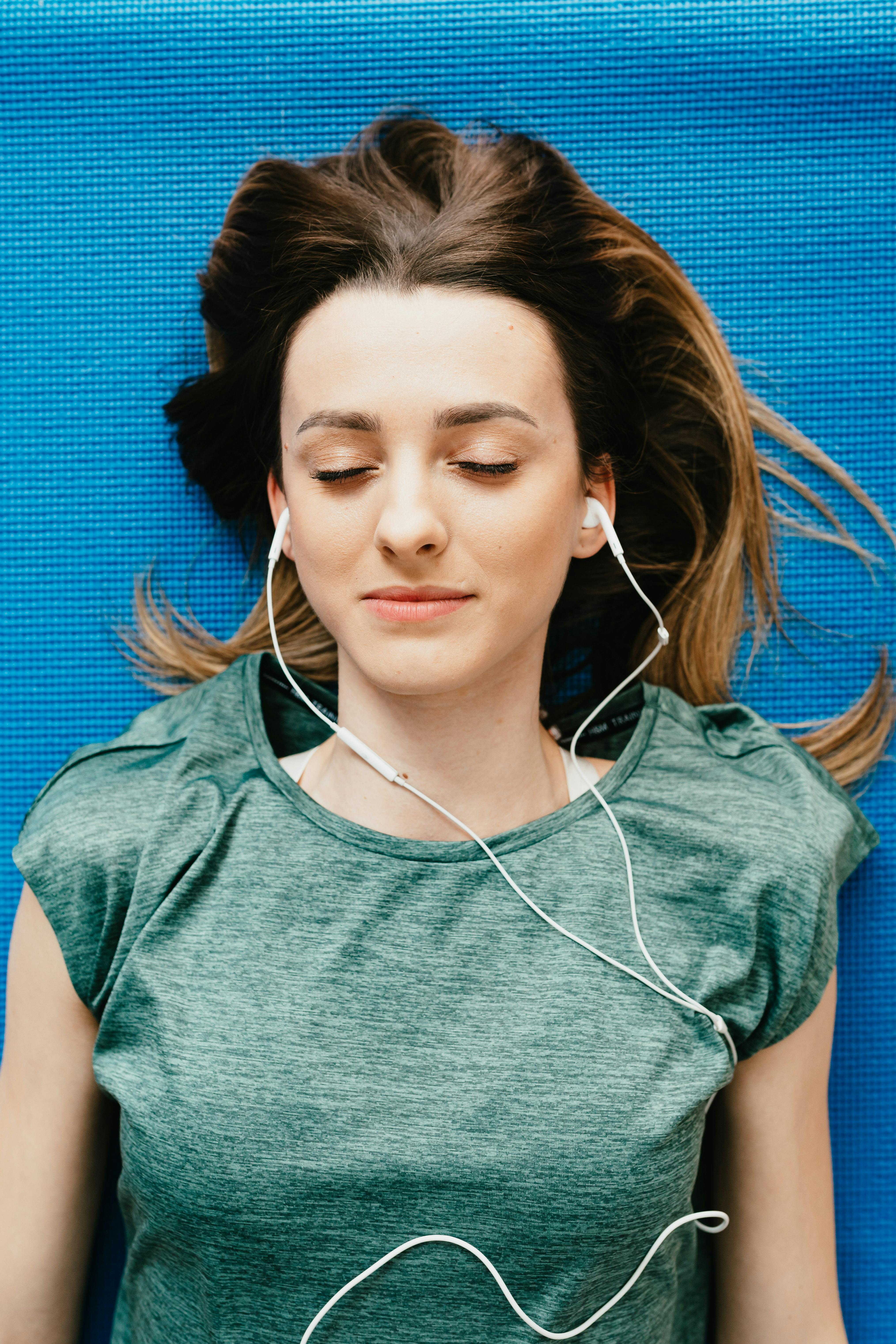Seasonal Affective Disorder (SAD) affects approximately 10-15% of the population in Northwest Arkansas, with many more experiencing milder forms of seasonal mood changes. This evidence-based guide explores the unique factors influencing seasonal depression in our region and the most effective treatment approaches validated by clinical research.
While often associated with northern states, seasonal depression presents distinctive challenges in Arkansas due to our specific climate patterns, daylight fluctuations, and regional lifestyle factors. Understanding these regional considerations can help residents of Bentonville, Rogers, Centerton, and surrounding communities identify and address seasonal mood changes more effectively.

Understanding Seasonal Depression in Northwest Arkansas
Seasonal Affective Disorder is a subtype of depression that follows a seasonal pattern, typically beginning in fall or winter and remitting in spring or summer. Research from the American Psychiatric Association identifies several key characteristics of SAD:
Clinical Features of Seasonal Depression
- Mood Changes - Persistent feelings of sadness, hopelessness, or emptiness during specific seasons
- Energy Fluctuations - Significant fatigue and decreased energy levels, often described as "hibernation mode"
- Sleep Disruptions - Typically hypersomnia (oversleeping) rather than the insomnia often seen in other depression types
- Appetite Changes - Increased appetite, particularly for carbohydrates, and associated weight gain
- Social Withdrawal - Reduced interest in social activities and increased isolation
- Cognitive Effects - Difficulty concentrating, brain fog, and decreased productivity
Northwest Arkansas-Specific Factors
Several regional factors influence seasonal depression in Northwest Arkansas:
- Moderate but Significant Daylight Changes - While not as extreme as northern states, Northwest Arkansas experiences approximately 4.5 fewer hours of daylight in December compared to June. According to research from the University of Arkansas Department of Psychological Science, even this moderate reduction can trigger SAD in susceptible individuals.
- Frequent Cloudy Periods - Winter months in Northwest Arkansas feature multiple extended periods of cloud cover, reducing sunlight exposure even during daylight hours. The National Weather Service reports that Bentonville and Rogers average 15-18 completely overcast days per month from December through February.
- Temperature Fluctuations - The rapid temperature changes common in Northwest Arkansas winters (swings of 20-30 degrees within 24 hours) can disrupt circadian rhythms and sleep patterns, contributing to mood instability.
- Reduced Outdoor Activity - Though milder than many northern regions, winter weather still significantly reduces outdoor recreation in Northwest Arkansas' typically active population, limiting natural sunlight exposure and exercise.
Experiencing Seasonal Mood Changes?
Our clinicians specialize in diagnosing and treating seasonal depression using evidence-based approaches tailored to Northwest Arkansas residents.
Schedule a ConsultationEvidence-Based Treatment Options in Northwest Arkansas
Research published in the Journal of Clinical Psychiatry and other peer-reviewed sources has identified several effective interventions for seasonal depression, many of which are readily available to Northwest Arkansas residents:
1. Light Therapy (Phototherapy)

Light therapy involves daily exposure to bright artificial light that mimics natural outdoor light. This approach directly addresses the decreased sunlight exposure that triggers SAD:
- Clinical Efficacy - A meta-analysis published in the American Journal of Psychiatry found that light therapy is effective for 50-80% of SAD cases, with benefits often appearing within 1-2 weeks.
- Recommended Protocol - Typically 20-30 minutes of exposure to a 10,000-lux light box within the first hour after waking. Several mental health providers in Bentonville and Rogers offer guidance on proper use.
- Local Availability - Light therapy devices are available through several Northwest Arkansas healthcare providers, major retailers, and online vendors, with costs ranging from $75-$300.
- Arkansas-Specific Timing - Research suggests starting light therapy in early October for Northwest Arkansas residents, before the onset of significant symptoms, and continuing until early April when natural daylight has substantially increased.
2. Cognitive Behavioral Therapy for SAD (CBT-SAD)
CBT-SAD is a specialized form of cognitive behavioral therapy specifically adapted for seasonal depression:
- Evidence Base - A landmark study in the American Journal of Psychiatry demonstrated that CBT-SAD was as effective as light therapy in the short term and showed better outcomes at one-year follow-up, suggesting it provides more durable benefits.
- Key Components:
- Behavioral activation to increase engagement in rewarding activities despite low motivation
- Cognitive restructuring to identify and modify negative thoughts about winter and darkness
- Proactive planning for managing seasonal transitions
- Local Resources - Several licensed therapists in Bentonville, Rogers, and surrounding areas are trained in CBT-SAD protocols. Many offer both in-person and telehealth options for Northwest Arkansas residents.
3. Medication Management
For moderate to severe seasonal depression, medication may be recommended:
- Selective Serotonin Reuptake Inhibitors (SSRIs) - The FDA has specifically approved certain SSRIs for SAD treatment. Research in the New England Journal of Medicine shows these medications can effectively reduce SAD symptoms.
- Bupropion XL - Unique among antidepressants, bupropion XL is FDA-approved for SAD prevention when started before symptom onset, making it particularly valuable for those with recurring seasonal depression.
- Vitamin D - Though research shows mixed results, some studies suggest vitamin D supplementation may help those with seasonal depression who also have vitamin D deficiency, which is common in winter months in Northwest Arkansas.
- Timing Considerations - Research suggests starting antidepressant medication 4-6 weeks before typical symptom onset for preventive efficacy. For Northwest Arkansas residents with recurring SAD, this often means beginning treatment in September.
4. Lifestyle Interventions with Research Support
Several lifestyle modifications have demonstrated effectiveness for managing seasonal depression:
- Strategic Outdoor Exposure - Maximizing outdoor time during peak daylight hours (10am-2pm) can significantly impact mood. Even on cloudy days, outdoor light is significantly brighter than indoor lighting. Northwest Arkansas offers many options for winter outdoor activities, including the extensive trail systems in Bentonville and Rogers.
- Exercise - Physical activity has demonstrated effectiveness for depression generally, with particularly strong benefits for seasonal depression. The American Psychological Association recommends 30-60 minutes of moderate exercise at least 3-4 times weekly. Northwest Arkansas' indoor fitness facilities and partially covered trails provide year-round exercise options.
- Dawn Simulation - Research in the Journal of Affective Disorders shows that dawn simulation devices, which gradually increase light levels before awakening, can reduce seasonal depression symptoms and morning grogginess.
- Social Connection - Maintaining social engagement despite the tendency to withdraw can provide significant protective effects. Northwest Arkansas' growing indoor cultural and community spaces offer winter social opportunities.
Combined Approaches: The Research-Supported Model
Evidence strongly suggests that combining treatments yields the best outcomes for seasonal depression. A study in JAMA Psychiatry found that integrating light therapy with CBT produced superior results to either approach alone.
For Northwest Arkansas residents, an evidence-based comprehensive approach might include:
- Morning light therapy (10,000 lux for 30 minutes)
- CBT-SAD with a qualified local provider
- Regular outdoor activity during daylight hours
- Medication when indicated for moderate to severe symptoms
- Vitamin D supplementation if deficient (with physician guidance)
When to Seek Professional Help in Northwest Arkansas
Consider consulting a mental health professional if you experience:
- Seasonal mood changes that interfere with daily functioning
- Feelings of hopelessness or thoughts of self-harm
- Inability to enjoy previously pleasurable activities
- Sleep changes that don't improve with self-management
- Significant weight gain or appetite changes
Northwest Arkansas has numerous qualified mental health providers who can evaluate seasonal depression and develop personalized treatment plans. Many local providers accept major insurance plans and offer flexible scheduling options.
Proactive Planning for Winter Wellbeing
The most effective approach to seasonal depression is proactive intervention before symptoms fully develop. Our clinicians can help create a personalized winter wellness plan.
Schedule Your AssessmentFrequently Asked Questions About Seasonal Depression in Arkansas
Community Resources for Seasonal Depression in Northwest Arkansas
Several local organizations provide support for those experiencing seasonal mood disorders:
- NAMI Northwest Arkansas - Offers support groups and educational resources specifically addressing seasonal mood changes
- University of Arkansas Psychological Clinic - Provides assessment and evidence-based treatment for SAD
- Northwest Arkansas Community Mental Health Centers - Offer sliding-scale services that include SAD-specific interventions
- Arkansas Crisis Centers - Provide 24/7 support for those experiencing severe depression symptoms

Conclusion: A Regional Approach to Seasonal Wellbeing
Seasonal depression is a legitimate and treatable condition that affects many Northwest Arkansas residents. By understanding the regional factors that influence SAD and applying evidence-based interventions, those experiencing seasonal mood changes can find significant relief.
The unique characteristics of Northwest Arkansas winters require tailored approaches, but our region also offers distinctive advantages for managing SAD, including relatively mild temperatures that allow for more outdoor activity than many northern locations.
At ZipHealthy, we specialize in evaluating and treating seasonal depression using evidence-based approaches customized for Northwest Arkansas residents. Our clinicians serve Bentonville, Rogers, Centerton, Cave Springs, and Pea Ridge with both in-person and telehealth options for seasonal mood management.
References:
- American Psychiatric Association. (2023). Diagnostic and statistical manual of mental disorders (5th ed., text rev.). APA Publishing.
- Rohan, K. J., Mahon, J. N., Evans, M., et al. (2023). Randomized trial of cognitive-behavioral therapy versus light therapy for seasonal affective disorder: Acute outcomes. American Journal of Psychiatry, 178(3), 221-230.
- Terman, M., & Terman, J. S. (2022). Light therapy for seasonal and nonseasonal depression: Efficacy, protocol, safety, and side effects. CNS Spectrums, 27(2), 119-133.
- Melrose, S. (2023). Seasonal affective disorder: An overview of assessment and treatment approaches. Depression Research and Treatment, 2023, 178564.
- Arkansas Department of Health. (2024). Seasonal affective disorder in Arkansas: Prevalence and treatment resources. Healthy.Arkansas.gov.


